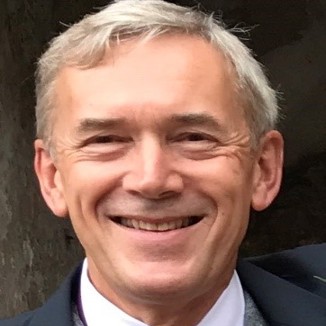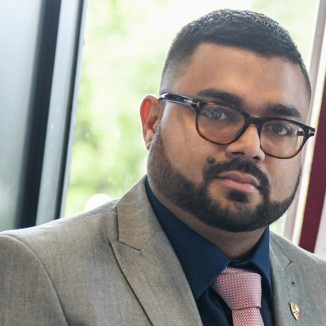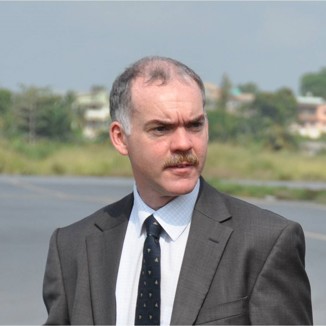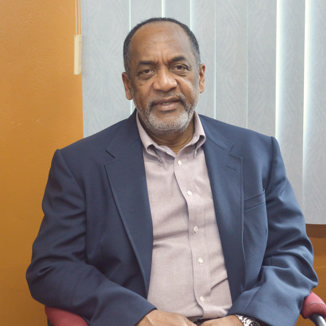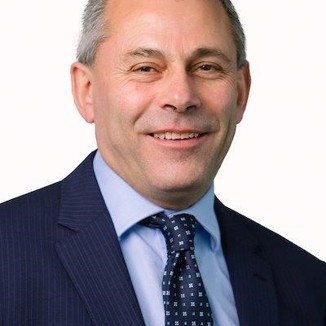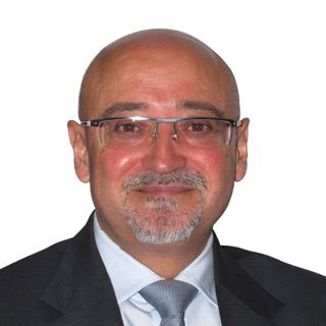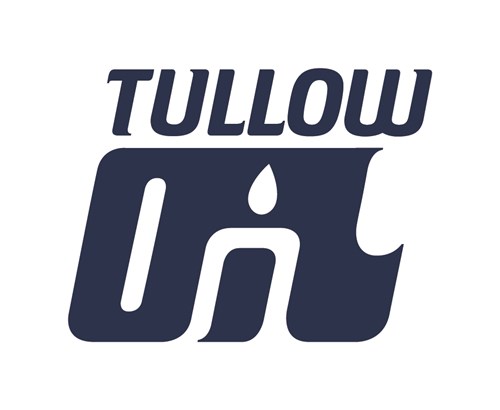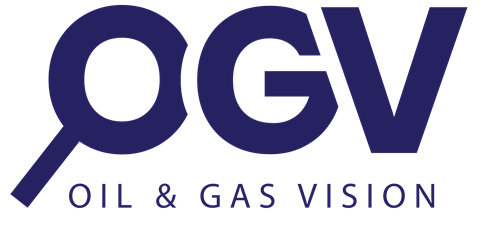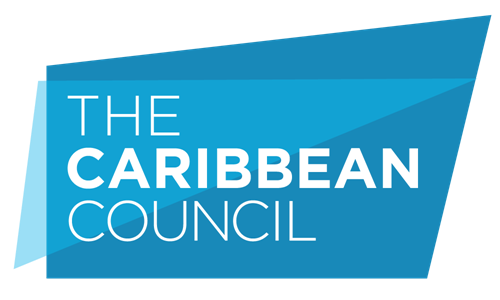As one of the few major new conventional oil regions discovered this century, Guyana is set to be transformed over the course of the next decade, with the country predicted to emerge as a top per capita producer of oil. Discoveries in Guyana mark an important find for the global industry, with their medium-light crude filling a hole in the global crude oil market, and sparking an increased interest in oil from majors who have increasingly focussed on gas and shale in recent years. With estimated production costs of approximately $46 per barrel sitting well below current oil prices, and predicted annual gross oil revenues of $13 billion by 2025, Guyana is also proving increasingly competitive.
The Guyana Oil & Gas Economic Summit will serve as a platform to navigate this developing market, bringing together oil and gas operators, regulators, investors, tier 1 contractors, and service companies, to advance the establishment of Guyana’s oil and gas sector, and to strategize for how Guyana can best harness the economic benefits of an established oil and gas industry.





